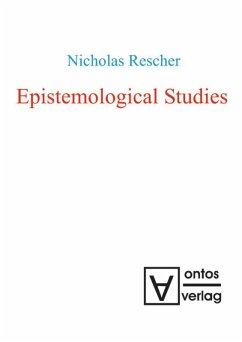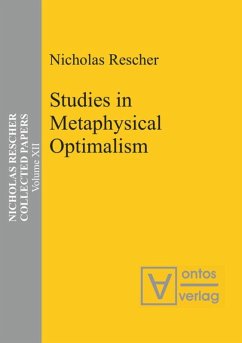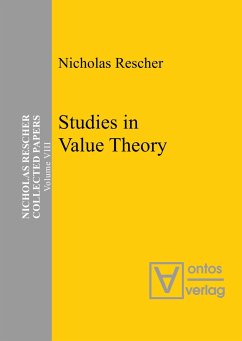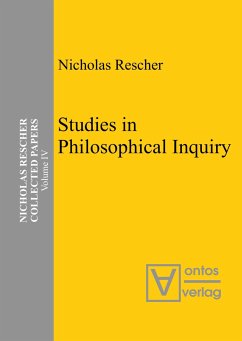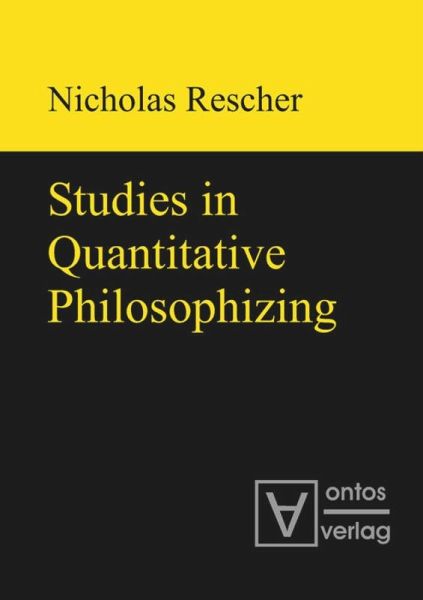
Studies in Quantitative Philosophizing

PAYBACK Punkte
0 °P sammeln!
The present book brings together several case studies, dealing with relevant facets of the work of some of philosophy's all-time greats. The subject-matter topic being addressed differs significantly, but in each case there is an attempt to apply mathematical methods and perspectives to the solution of a key philosophical issue in a way that throws instructive light upon it. On this basis it emerges that the question "Are mathematical methods useful in philosophy?" finds a suggestive response in the fact that over two millennia key figures in the history of the subject have indeed thought so. ...
The present book brings together several case studies, dealing with relevant facets of the work of some of philosophy's all-time greats. The subject-matter topic being addressed differs significantly, but in each case there is an attempt to apply mathematical methods and perspectives to the solution of a key philosophical issue in a way that throws instructive light upon it. On this basis it emerges that the question "Are mathematical methods useful in philosophy?" finds a suggestive response in the fact that over two millennia key figures in the history of the subject have indeed thought so. And they have substantiated this view not so much by abstract argumentation on the basis of general principles, but by making this point through actual practice.





